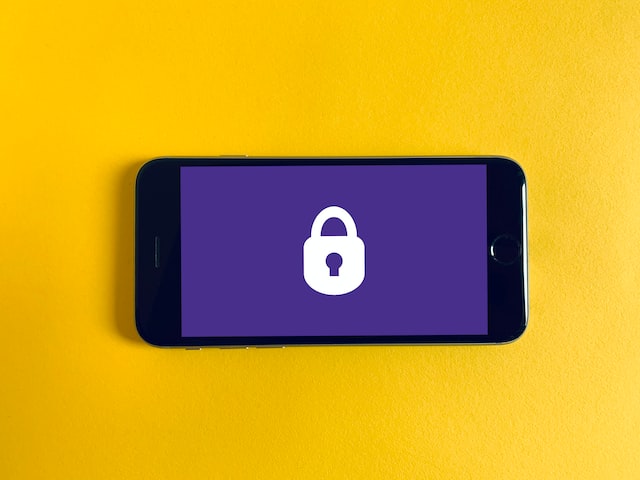As a consumer, you trust companies when you provide your personal or financial information. Not only is it the right thing to do, but companies are generally required by law to safeguard your data. However, it’s not uncommon for companies to suffer data breaches, which can result in your information ending up in the hands of those looking to commit fraud. As such, if you have received a notice that your information was involved in a data breach, you’ll want to know what steps you can take to help mitigate damages. The following blog explores these details and more about recovering compensation. You’ll also learn why working with a Michigan identity theft lawyer is in your best interest during these difficult times.
What Is a Data Breach and How Do These Happen?
Generally, a data breach is any instance in which an unauthorized party gains access to sensitive information. In many cases, this can be as small as someone in a company without the proper clearance accidentally receiving a file containing confidential information. However, on a larger scale, these can be devastating for consumers.
Many data breaches are conducted with the intent to steal the personal information of those who have details stored on the servers. As such, individuals or groups will infiltrate the records of a business, organization, or office with the intention of obtaining as much information as possible to commit identity theft. Often, when hundreds of thousands of users are compromised, their information will be sold online to other thieves.
Generally, data breaches are conducted by technologically savvy individuals who can bypass weak security measures to gain access to these databases. Often, they look for full legal names, email addresses, passwords, payment information, dates of birth, and social security numbers, as this information can be used to commit fraud.
What Steps Should I Take to Protect My Identity?
Finding out your information was involved in a data breach can evoke feelings of panic. While this is understandable, it’s important to stay calm and move quickly to mitigate issues. Generally, the first thing you should do is update all passwords and enable two-factor authentication if you have not already done so. This provides an additional layer of security to help keep thieves out of your accounts.
Next, you should consider a fraud alert or credit freeze. These both help prevent additional accounts from being opened in your name. However, a fraud alert only requires the creditor to verify your identity before opening the account, while a credit freeze prevents anyone from accessing your information. If you are in the middle of applying for loans or anticipate submitting an application, a fraud alert may be better for your circumstances.
Can a Company Face Liability for Damages?
If you endure damages as a result of your information being accessed in a data breach, it’s important to understand your legal options. In general, you’ll find that the company can face liability for the damages you’ve suffered as a result of the breach. Unfortunately, it can be incredibly difficult to track down the individual responsible for committing the breach. However, the company hosting the data still has an obligation to ensure that the information they store is secured and that their technological security systems are as strong as they could possibly be. Failure to protect data can result in civil lawsuits following a breach.
As you can see, these breaches can cause considerable issues for consumers. As such, it’s imperative to understand the importance of working with an experienced consumer defense attorney with Lyngklip & Associates. Our firm will examine your circumstances to help you determine the best course of action, not only to hold the company liable but also to help you recover from the theft. Contact us today to connect with a member of our firm.



